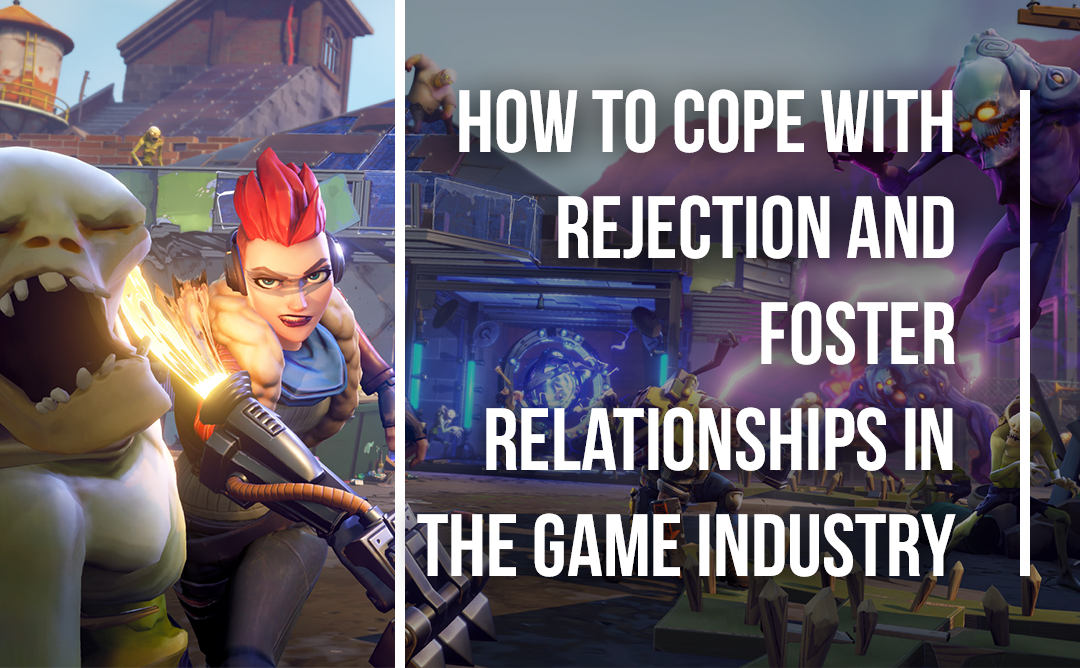What I want to tackle today is the process of turning a rejection into a positive experience that will help you going forward. While we’re going to use the example of video game review codes throughout this post, the following principles of social interaction can be applied to job applications, partnerships, and any number of aspects in the games industry! Now that that’s all covered, let’s get down to it.
So, you’ve been denied a code for one reason or another. It doesn’t feel great and can be frustrating, but here is what I want to implore and what will be the main focus of this post: while supplies are limited and there are myriad factors at play throughout the approval process, we want to give you a code. Very badly in fact! When we can’t, it sucks for everyone involved. Contrary to popular belief, while followers and subs do play their part in code approval, there is also a slew of equally-as-important factors that are also taken into consideration when we decide yay or nay (a good chunk of this insight can be found in a post by Brian from Evolve).
It’s easy to equate anonymous Terminals messages to a bot, but it’s actually a real person on the other end. A real, empathetic person who is also a gamer, and one that is bummed that they can’t provide a service to a person that is hungry for it. Someone who, next time, might be able to say yes! Or someone who could be a really fun person to chill with at PAX. Or recommend you for a writing position if we know someone is hiring.
Let’s see a paraphrased message that is not atypical of something we’ve seen in our travels:
It’s probably not hard to tell what can be changed about the response above:
- Leave out the name-calling, threats, and entitlement, none of which are ingratiating.
- Don’t assume that the denial is a personal slight against you. The most likely scenario is that we don’t have any keys left to provide, or your previous coverage leans toward other genres and aren’t a great fit for this title. Jesse covers this point in our last blog post, 5 Helpful Tips for Requesting Games From Evolve PR!
Now let’s see a response from a requester that I, myself, have gone out of my way to help out in the past because they seemed like a good dude:
Let’s break down what they’ve done here to help their cause:
Ah! Here is a message I can get behind!
- Thanked the responder for their time, and acknowledge that they are still interested in the product even though it’s not free.
- Gave themselves a human face, outside of internet interaction, to help us understand who they are, the type of games they cover, and what they are doing to improve their site and writing to be considered in the future. Remember to update your Terminals account to reflect the type of things you’re into, instead of checking every genre and platform (unless you really do want info on every genre and platform).
- Decided to cover the game anyway (*this is optional)! We know this isn’t always possible with budget constraints, but by reviewing the game anyway, and submitting coverage, we know there is genuine interest in covering games. Can’t buy the game? No problem; link us to past reviews so we’re able to take a look at content, depth of coverage, and your general approach to game reviewing. If you’ve done a good job, we’ll know for the next time we see you pop up on a request board!
- Took an interest in the person behind the email, showed us you’ve done your research, and that you are interested in continued conversation to help us understand why you’d be a good target to cover games we have. Developing human relationships will go a long way to helping you in games journalism and social interaction in general.
The biggest takeaway, if you really want to tl;dr (though we recommend not, there is some good shit in the words above, as well this post): The video game industry is surprisingly small. Poor interaction you have with one person has a good chance of being shared with others in a daisy-chain of poor personal image. Thank the person for their time, develop a dialogue to try to make a real connection, and do a little personal PR – it’ll take you a long way in every aspect of life 🙂
Stay tuned for a follow-up piece about personal PR and our best takeaways when it comes to selling yourself!



